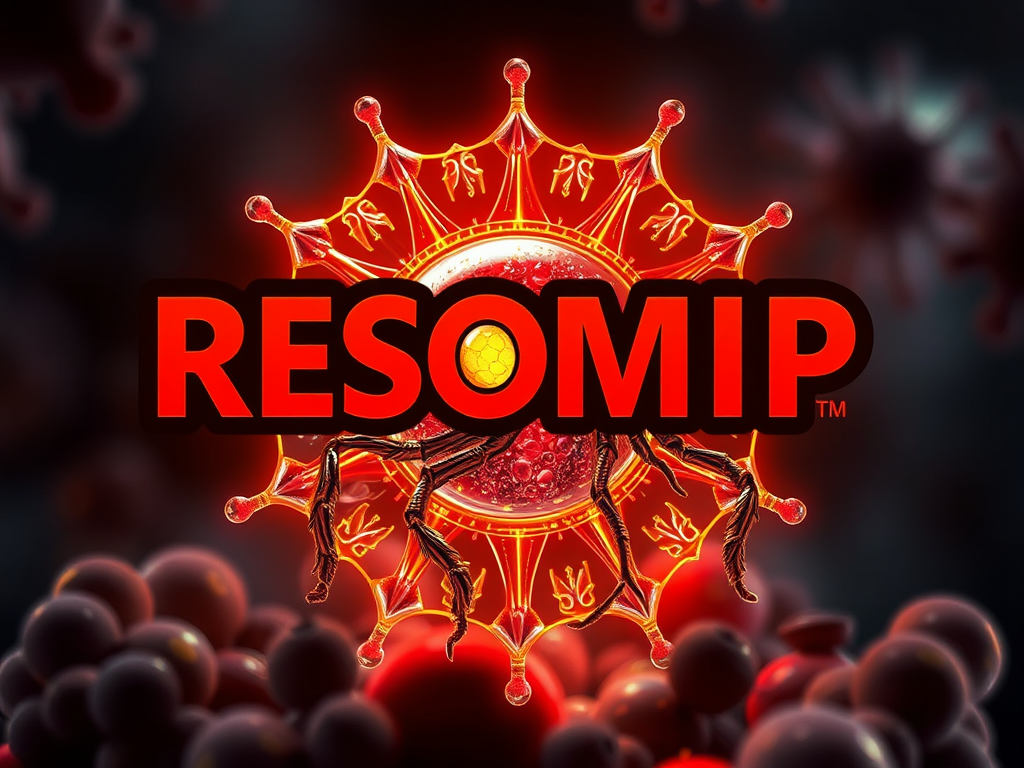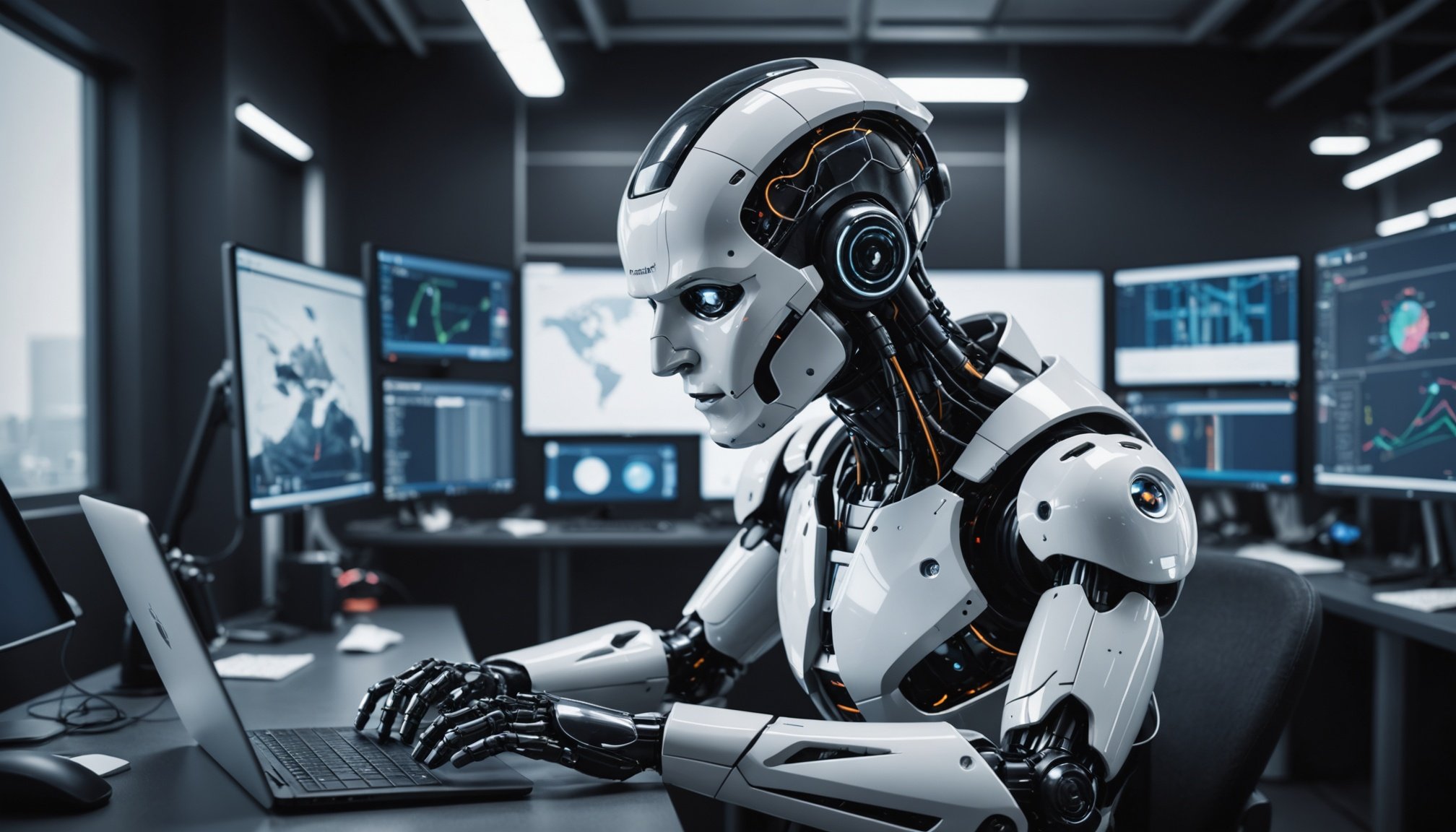Artificial intelligence transforms business by acting as skilled employees—handling marketing, customer support, data analysis, and more. Smart AI teams work nonstop, communicate globally, and integrate with your tools, unlocking new efficiency and growth opportunities. Embracing AI employees isn’t just automation; it’s redefining how companies scale and innovate in a competitive landscape.
Understanding AI Employees in the Workplace
https://marblism.com offers a platform where businesses leverage AI employees to streamline operations. These virtual assistants differ from traditional automation tools by performing human-like functions and engaging in dynamic, context-aware tasks.
In parallel : The impact of technology: revolutionizing everyday life for uk residents
AI employees enhance operational efficiency through automation in HR, customer support, digital marketing, and data analysis. For instance, AI-powered tools can handle inbox management, generate content, or support recruitment—across industries—without fatigue.
Platforms like Sintra provide comprehensive AI assistants such as Buddy for development or Cassie for support, operating 24/7 in over 100 languages. This ensures fleet management, customer service, and content creation are always active.
This might interest you : Enhancing cybersecurity through effective product lifecycle management
Using AI in workforce management simplifies scheduling, feedback, onboarding, and performance reviews, ultimately reducing costs and increasing productivity. Exploring these tools on https://marblism.com reveals their capacity to transform traditional roles into more strategic functions, supporting a future of empowered, technologically assisted teams.
Use Cases and Practical Applications of AI Employees
AI-driven workforce solutions have redefined how businesses approach efficiency. Automated employee evaluation platforms, AI-based workforce scheduling, and AI in business functions quickly deliver results by automating routine tasks and optimizing team operations.
AI in Customer Support and Client Engagement
The adoption of digital assistants for employee task management means customer support is available around the clock. Chatbot support for employee inquiries, 24/7 AI employee support systems, and AI-driven employee sentiment tracking empower teams to respond instantly. These AI-powered employee wellbeing solutions boost engagement while AI for remote employee engagement guarantees support, even for distributed teams.
AI for Content Creation and Marketing Automation
Workplace automation handles much of the content creation process. AI tools for enhancing employee experience streamline everything from copywriting to social media scheduling, freeing up creative employees. AI-driven employee feedback systems and predictive analytics for employee performance allow marketing teams to target campaigns more accurately and to optimize employee roles within content strategy.
AI in Recruitment, Employee Training, and Performance Management
Machine learning in staff training customizes onboarding with AI-generated employee handbooks and personalized employee learning paths. Real-time employee productivity monitoring provides managers with actionable insights for employee performance optimization with AI. AI for identifying employee skill gaps and automating routine HR tasks with AI improves hiring and ongoing staff development.
Advanced AI in business functions ensures an optimized, growth-oriented work environment by integrating AI with human resource management seamlessly.
Benefits and Advantages of Implementing AI Employees
Increased Productivity and 24/7 Availability
AI employees transform business operations by delivering productivity gains around the clock. Digital assistants for employee task management and AI-powered employee wellbeing solutions operate without breaks or fatigue, ensuring real-time employee productivity monitoring. Smart performance review tools and AI-driven employee feedback systems enable immediate support and accountability, enabling staff to meet goals faster. Automated employee evaluation platforms and virtual AI employee assistants offer ongoing guidance, supporting workflow continuity after typical office hours.
Cost Efficiency Compared to Human Staff and Agencies
Embracing an AI workforce leads to immediate cost savings by reducing reliance on agencies or additional hires. AI-based workforce scheduling and AI for managing employee workload balance eliminate overtime costs and recruitment fees. Digital employee management platforms and automated routine HR tasks with AI remove many manual processes, decreasing administrative overhead. Using AI for continuous employee improvement and predictive analytics for employee performance helps businesses allocate resources more efficiently, optimizing every dollar spent.
Enhanced Data-Driven Decision Making and Employee Insights
Integrating AI with human resource management delivers strategic benefits via comprehensive analytics and insights. AI applications in workforce planning and AI-generated employee handbooks synthesize large datasets, informing better decisions. Real-time AI employee engagement analytics and AI for enhancing employee experience pave the way for quick adaptations and more effective staff motivation. With machine learning in staff training and AI employee engagement strategies, organizations build smarter, more responsive teams.
Challenges, Ethical Considerations, and Implementation Strategies
Managing Employee Concerns and Resistance to AI Integration
Deploying AI employee engagement strategies often meets resistance due to concerns about job security and role changes. Transparent communication and inclusive decision-making processes help address fears regarding the impact of AI on employee job roles. Empowering staff to participate in the integration of digital assistants for employee task management can minimize apprehension. Involving teams early boosts acceptance when automating routine HR tasks with AI, as it shows respect for their expertise and preserves trust during change.
Ethical and Privacy Issues in AI Monitoring and Data Handling
Ethical considerations in AI workplace monitoring are inseparable from the responsible use of real-time employee productivity monitoring. Respecting privacy means implementing robust AI employee data security measures and limiting how AI-based workforce scheduling tools collect, store, and process sensitive data. Addressing ethical considerations in AI workplace monitoring requires transparency—employees should be informed about how AI-driven employee feedback systems operate, and how their information is protected to maintain confidence in digital employee management platforms.
Best Practices for Seamless AI Employee Deployment and Adoption
For successful integration, aligning AI in employee onboarding processes with existing workflows is key. Continuous training in machine learning in staff training, paired with the support of AI-powered employee wellbeing solutions, strengthens readiness and boosts motivation. Integrating AI with human resource management through clear guidelines and involving leaders in AI applications in workforce planning minimizes disruptions, ensuring a smoother transition to innovative digital employee assistants.
Real-World Case Studies and Industry Adoption Trends
Sintra’s Success Stories: Building, Scaling, and Automating with AI Helpers
AI in workplace transformation is demonstrated by Sintra’s deployment of specialized enterprise AI solutions. Sintra’s case studies reveal how organizations benefit from digital assistants for employee task management and machine learning in staff training. Clients use AI-powered employee wellbeing solutions, integrating AI with human resource management for workload balance and efficiency. Examples include automating routine HR tasks with AI, using AI employee engagement analytics, and 24/7 AI employee support systems. Businesses can leverage automated employee evaluation platforms and AI-generated employee handbooks—all configured in shared, multilingual workspaces. This integration enables personalized assistance, smarter workforce scheduling, and comprehensive AI tools for enhancing employee experience.
Motion’s AI Workforce: Enhancing Productivity in Various Sectors
Motion’s enterprise AI solutions are recognized for real-time employee productivity monitoring and smart performance review tools. By employing digital employee management platforms and virtual AI employee assistants, diverse industries automate onboarding and performance improvement plans. AI apps automate project planning, provide predictive analytics for employee performance, and balance priorities using smart automation in employee scheduling. With AI applications in workforce planning and robust AI-powered employee engagement surveys, organizations achieve higher productivity through next-generation AI for employee communication and advanced AI-enabled scheduling generators.
Market Trends: Growing Adoption of AI Employees Across Industries
Recent industry adoption case studies of AI workforces highlight growth opportunities using AI in workforce management. Sectors increasingly implement AI applications in global workforce coordination, benefiting from automating routine tasks, unlocking efficiency with AI-enhanced staff, and employing innovative digital employee assistants. AI-based workforce scheduling, AI employee productivity enhancement techniques, and balance between AI and human employees are central to overcoming challenges in AI employee adoption. AI-driven talent acquisition and retention strategies further reinforce successful AI-employee integration case studies, positioning AI as a tool for employee empowerment and continuous improvement.






